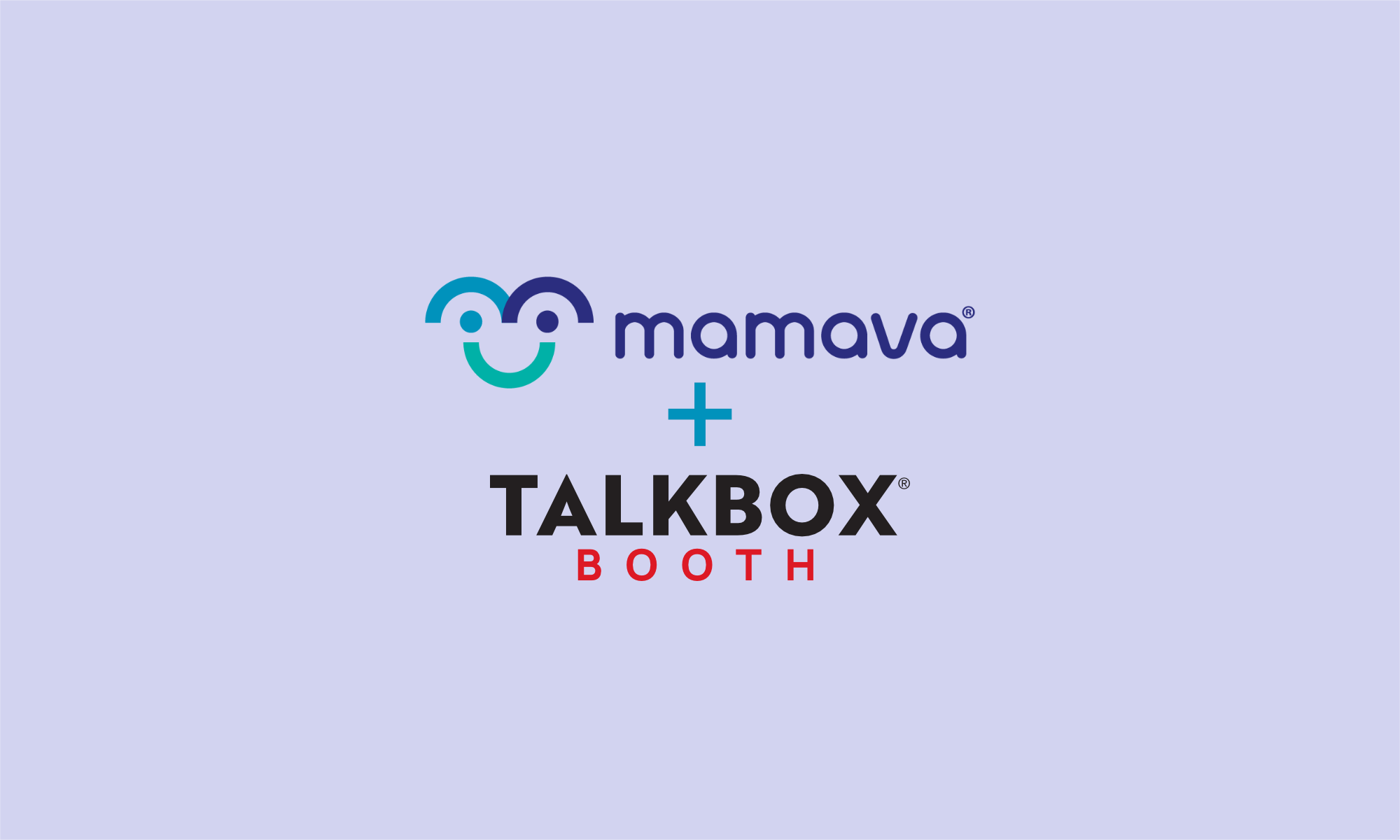Let me take you back to a coffee shop in downtown Boulder. It’s a Tuesday afternoon, I’m sipping an iced Americano, tapping away on my laptop. Right next to me? Two people in branded company gear, deep in conversation. Loud conversation. One says, "I can’t believe they’re laying off the entire marketing team next month."
Now, I’m not eavesdropping—they’re practically yelling. Within earshot are a dozen people who now know something they definitely shouldn’t. And that, my friends, is how a confidential bombshell ends up ricocheting around a city before HR even has a chance to draft an email.
Why Confidentiality Deserves Your Full Attention
When someone says, "This stays between us," you’re not just getting tea—you’re being handed a responsibility. And when that trust is broken, it’s rarely just an awkward moment. We’re talking confusion, miscommunication, anger, embarrassment, and sometimes a full-blown lawsuit.
There are times for transparency, absolutely. But there are also moments when zipping it is the best and only option. Whether it’s company trade secrets, sensitive employee matters, legal negotiations, or a friend sharing a personal crisis—these situations demand discretion. It’s about knowing when to talk and when to simply nod, smile, and file it away in the vault.
Take Cheryl from accounting, for example. She accidentally CC'd the entire department on a spreadsheet detailing salary information. Within hours, resentment was brewing, side-eyeing began, and the workplace vibe took a nosedive. One click. One moment of inattention. That’s all it takes.

Remote, Hybrid, Office? Confidentiality Still Counts
The modern workplace is a hot mess of locations. Some people are Zooming from their living rooms, others are back in cubicles, and some are floating somewhere in between. But here’s the thing—confidentiality doesn’t care where you’re working. It cares about how you’re handling information.
I once overheard a very detailed merger discussion in a hotel in Denver. The guy was pacing the lobby, AirPods in, dropping company names and financial figures like he was hosting a podcast. It was like getting a front-row seat to a confidential board meeting I never asked to attend.
Whether you’re in a coffee shop, coworking space, or your own kitchen with the window open—remember who might be listening. Even your smart speaker might be silently judging you.
Oversharing: The New Professional Hazard
In this age of oversharing, where venting on Slack, social media, or during lunch breaks feels therapeutic, it’s easy to forget boundaries. Not everything needs to be shared—especially when it involves someone else’s business.
Let’s say your colleague confides in you about a potential medical leave. The next day, you mention it offhandedly to someone else at the office, thinking it’s harmless. Next thing you know, it’s office gossip, and your colleague feels betrayed.
Being respectful of private information is a skill that speaks volumes about your character. In fact, one of the fastest ways to build (or lose) professional trust is how you handle sensitive information.

Think Before You Speak (Or Type)
Sometimes, the brain-to-mouth filter just takes a break. That’s when we blurt out things we shouldn’t, especially when excited, annoyed, or under pressure. But slowing down and thinking first can save you from major headaches later.
Before you speak about something potentially private, ask yourself:
- Who needs to know this?
- Who’s authorized to know this?
- Am I violating a policy, law, or someone's trust by sharing this?
- Would I want this said about me in the same way?
One misstep can lead to ripple effects you didn’t see coming.
When Personal Becomes Professional (and Vice Versa)
It’s not always business. Sometimes, it’s someone navigating a divorce, a mental health issue, or a family problem. These situations deserve just as much discretion as corporate secrets. Maybe even more.
A friend once told me in confidence she was struggling with anxiety and needed to take a break from work. She trusted me not just because I’m discreet, but because she knew I wouldn’t treat her private matters like office gossip. That kind of trust is priceless.
Mixing personal and professional boundaries requires extra care. What might feel like a harmless joke or casual comment can come off as invasive or insensitive. Respecting privacy in all its forms isn’t just good manners—it’s good ethics.

What Does Confidential Even Mean?
Confidentiality isn’t some vague abstract idea. It means information shared with you in trust should stay with you unless you're specifically told otherwise. That includes everything from employee evaluations and strategic plans to someone's health diagnosis or upcoming resignation.
Sometimes people assume that if something wasn't explicitly labeled "CONFIDENTIAL," it's fair game. Not true. If it feels sensitive or personal, treat it that way. You don’t need a giant red stamp to know you should be careful.
Common Ways Confidentiality Gets Breached
And How to Avoid Them
- Loud calls in public: If you're in a cafe, on a train, or walking down the street, be mindful. Use headphones and avoid naming names or specifics.
- Shared documents: Make sure sensitive documents are password-protected and only shared with intended recipients.
- Screens facing the world: Don’t leave sensitive info open on your laptop in public spaces.
- Group chats gone wrong: Be careful where you post what. Accidentally sending HR info into the office memes chat isn’t a good look.
- Forwarding emails: If you’re going to forward an email, check for attachments or hidden threads that might contain confidential information.
It really boils down to awareness. Stay alert. Treat information like you’d want your own private matters treated.
When Confidentiality Goes Sideways
I recently heard a story where an employee leaked financial details about a client’s upcoming IPO to a friend. The friend made some very strategic stock moves. The company caught wind, the employee was fired, fined, and the entire firm got slapped with a nasty PR headache. It all started with one "innocent" conversation.
In another case, a small nonprofit nearly lost a donor after someone casually mentioned the donor’s past giving history in a group meeting. The donor felt exposed, embarrassed, and questioned whether their trust had been misplaced.
These aren’t rare cases. They happen more often than you think.

Discretion is the Unsung Hero of Every Organization
You know what makes a great colleague, leader, or team member? Someone who knows when to stay quiet. It doesn’t mean being secretive or closed off—it means knowing the weight of the information you hold and treating it with care.
In fact, the most effective teams often have one unspoken rule: what’s shared in the room, stays in the room. This fosters safety, creativity, and openness. No one wants to pitch a wild idea or admit a mistake if they fear it’ll be turned into water cooler fodder.
Discretion builds trust. And trust builds strong, resilient, and high-performing teams.
Practical Tips to Keep It Confidential
- Use headphones: Always. Especially for sensitive calls.
- Find private spaces: Don't talk about HR issues at the lunch table or budget cuts in the break room.
- Label documents appropriately: When in doubt, mark it as "Confidential" and explain expectations.
- Ask before sharing: Even if something seems harmless, double-check before passing it along.
- Use secure tools: Make sure your communication and file-sharing tools are encrypted and secure.
Confidentiality isn't just about legal protection—it's about respect. Respect for the person, the business, and the relationship.
Enter TalkBox: Where Private Matters Stay Private
So what’s the solution when your workspace doesn’t exactly scream "privacy-friendly"? That’s where TalkBox comes in.
Since our inception in 2015, TalkBox has helped people navigate confidentiality with ease and peace of mind. Whether you need a quiet place to think, write, meet, call, or even have a moment to yourself—our booths offer the kind of privacy your work (and life) deserves.

From sound-dampening walls to visual shielding around desk areas, our booths are designed for discretion. We’ve helped countless customers stay focused, productive, and most importantly, confidential.
So next time you’re wondering where to have that sensitive conversation or just need a space to breathe and reset—step into a TalkBox. See our lineup of privacy booths to see how you can bring that peace of mind to your entire team.
Because private matters matter. And keeping them confidential is easier when you have the right space to do it.
















